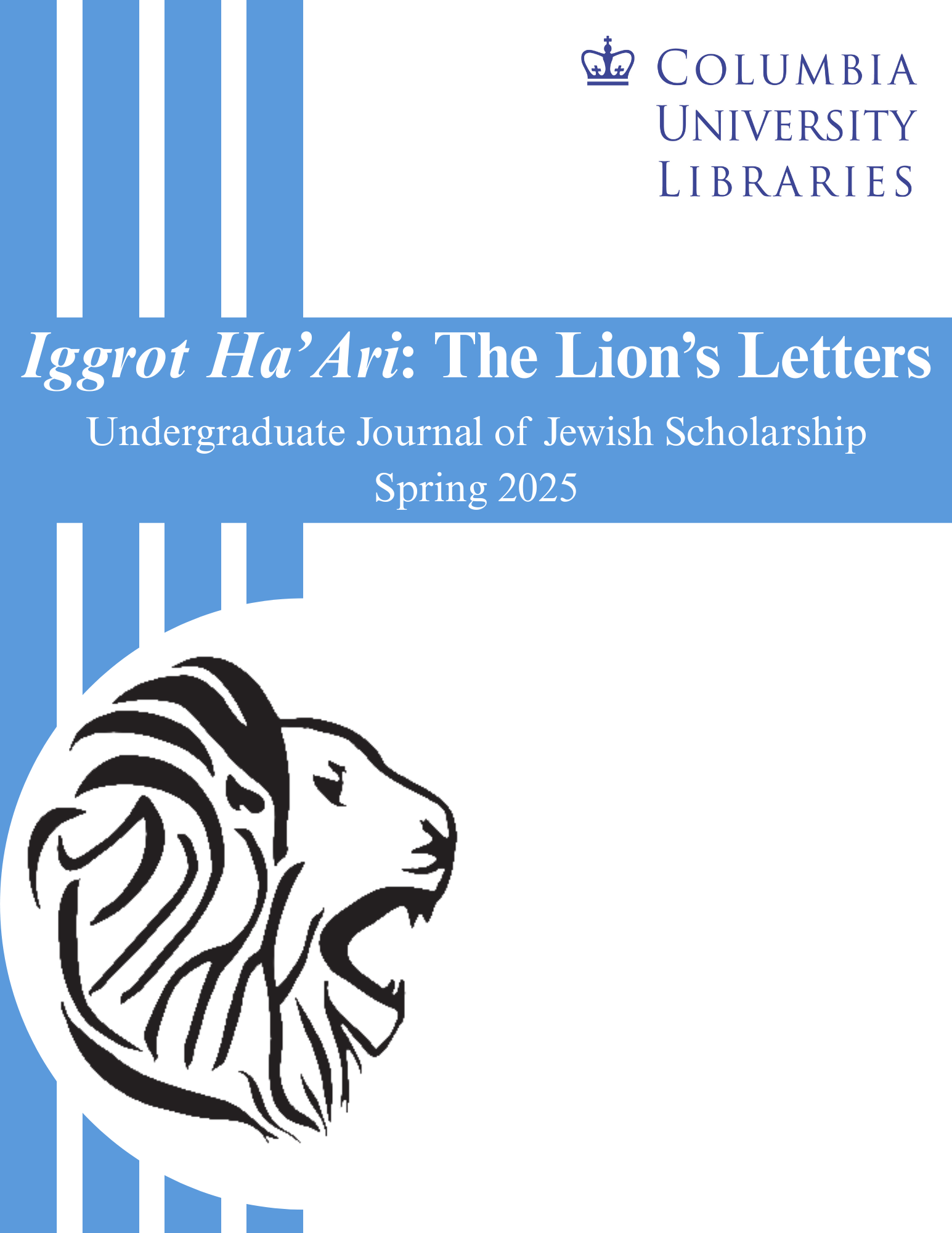Abstract
This study examines representations of the Palestinian Arab “other” in Eran Riklis’s 2014 film A Borrowed Identity, an adaptation of Sayed Kashua’s acclaimed novel Dancing Arabs. The film’s protagonist, Eyad Barhum is a Palestinian teenager navigating identity and belonging within Israeli society after transferring to a Jewish prep school in Jerusalem. Through Eyad’s network of relationships, the film illustrates his identity production through Palestinization, Israelization, and eventual Judaization, as he progressively distances himself from his Palestinian roots to assimilate into Israeli Jewish society. Using frameworks of representation, nationalism, and identity, the study highlights how Eyad’s transformation reflects the complexities of identity production within a society marked by systemic oppression rooted in ethnic binaries. The film critiques but ultimately reinforces the boundaries of the Zionist vision of Israel as a Jewish state–rather than a state of all its citizens– by portraying Eyad’s erasure of his Palestinian identity as the only path to equality and acceptance. This tragic conclusion underscores the impossibility of acceptance without assimilation in a society structured by ethnic hierarchies.

This work is licensed under a Creative Commons Attribution 4.0 International License.
Copyright (c) 2025 Mira Kux

